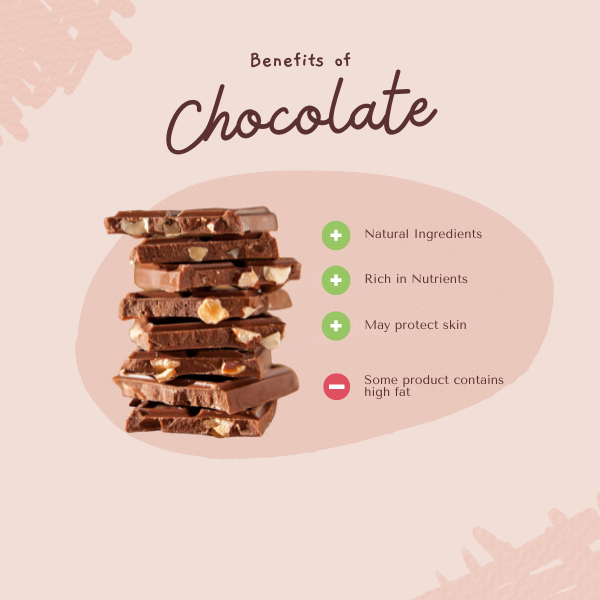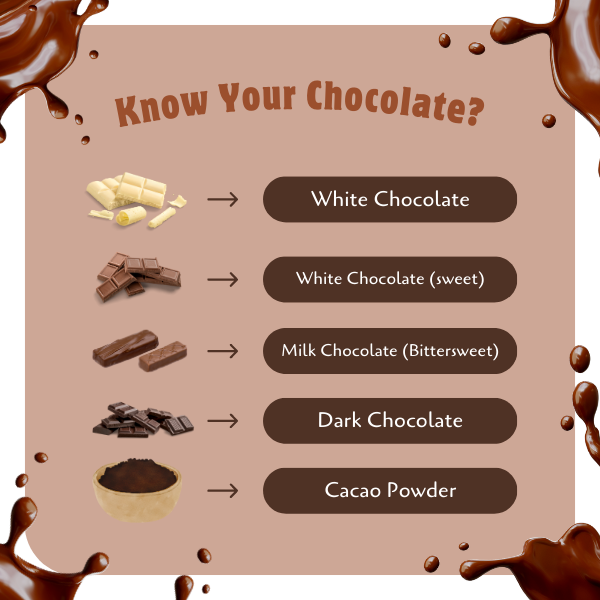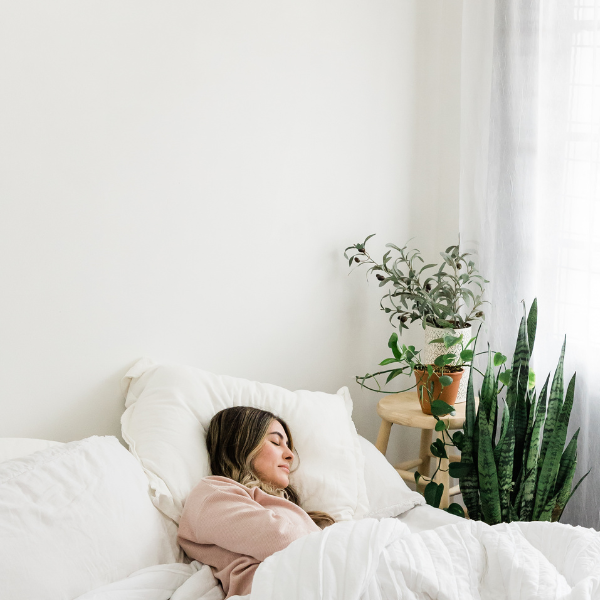Have you ever asked yourself: does chocolate help you sleep?
A good night’s sleep has become a coveted treasure in a world filled with stress and endless distractions. Many of us have tried various remedies to achieve the elusive state of restfulness, from herbal teas to meditation apps.
But have you ever wondered if that delectable treat we all love, chocolate, could hold the key to a restful slumber?
Join us as we delve into the fascinating world of chocolate and explore this interesting question: does chocolate help you sleep?

The science of chocolate
Before answering the question, we must understand the science behind chocolate and its effects on the body. Chocolate, derived from the cacao bean, contains several compounds that have the potential to influence our sleep patterns.
The key players are
Serotonin
Chocolate is known to contain tryptophan, an amino acid that promotes the production of serotonin in the brain. Serotonin helps in regulating sleep, mood, and overall well-being.
Magnesium
Dark chocolate, in particular, is a good source of magnesium, a mineral known for its relaxing properties. Magnesium helps calm the nervous system, reducing anxiety and stress, which can contribute to a more restful sleep.
Phenylethylamine
This compound triggers the release of endorphins, commonly known as “feel-good” hormones, which can create a sense of relaxation and contentment.

The connection between chocolate and sleep
Now that we understand the components of chocolate let’s explore the potential connections between chocolate consumption and improved sleep:
Serotonin boost
Tryptophan, found in chocolate, is a precursor to serotonin. While it is true that tryptophan can help promote sleep, the amount present in chocolate is relatively low. Moreover, the effects of tryptophan can be influenced by other factors in our diet, making it difficult to attribute chocolate alone as a sleep aid.
Magnesium’s relaxing effect
Magnesium has been linked to better sleep quality due to its ability to relax muscles and calm the mind. However, the magnesium content in chocolate is not significant enough to rely solely on it for sleep improvement. Incorporating other magnesium-rich foods or supplements may be more effective.
The culprit: caffeine and sugar
While chocolate contains sleep-friendly compounds, it’s essential to be aware of the less favorable aspects. With its higher cacao content, dark chocolate generally has less sugar and caffeine.
However, milk chocolate and chocolate desserts often have added sugar and can contain substantial amounts of caffeine, interfering with sleep.

Moderation and timing
When it comes to indulging in chocolate for better sleep, moderation, and timing are key:
Portion control
Enjoying a small portion of dark chocolate earlier in the day can provide potential benefits without interfering with sleep. Aim for 1-2 squares (about 1 ounce) of dark chocolate, ideally with a 70% or higher cacao content.
Timing matters
It’s advisable to avoid chocolate, especially those with higher sugar and caffeine content, close to bedtime. Ideally, consume chocolate a few hours before sleep to allow the potential, stimulating effects to wear off.
Other sleep-inducing strategies
While chocolate alone may not be a magical elixir for sleep, combining it with other sleep-inducing strategies can create a more effective bedtime routine:
Create a soothing environment
Optimize your sleep environment by keeping it cool, dark, and quiet. Consider using essential oils like lavender, which has calming properties.
Establish a bedtime routine
Develop a consistent wind-down routine that includes relaxing activities such as reading, taking a warm bath, or practicing gentle stretching exercises. This routine signals your body and mind that it’s time to prepare for sleep.
Mindfulness and stress reduction
Incorporate mindfulness techniques like meditation or deep breathing exercises into your daily routine to reduce stress and anxiety, leading to better sleep.

Takeaway
While chocolate may not be the ultimate sleep aid we dream of, it can play a small part in promoting better sleep when consumed in moderation and at the right time. Its serotonin-boosting, magnesium-rich, and mood-enhancing qualities can improve relaxation and well-being.
However, be mindful of certain chocolate products’ caffeine and sugar content, which can counteract the potential benefits.
Remember, a balanced approach to sleep hygiene, incorporating healthy lifestyle choices, a relaxing environment, and stress reduction techniques, can help you achieve the deep, restorative sleep you desire.
So, savor that piece of chocolate, but also embrace a holistic approach to sleep that nurtures your mind, body, and soul. Sweet dreams await!


